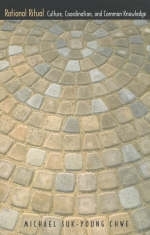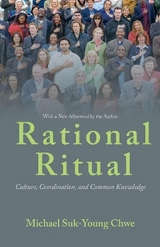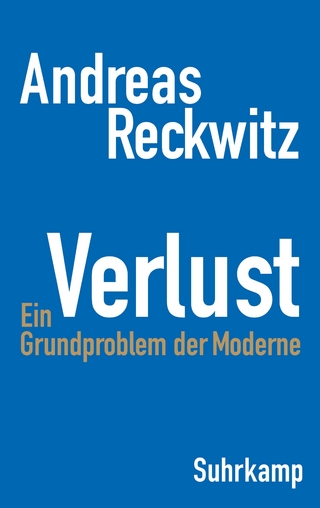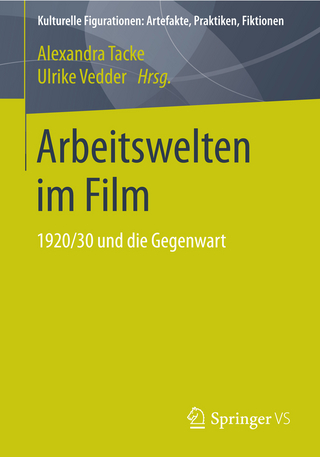
Rational Ritual
Princeton University Press (Verlag)
978-0-691-11471-2 (ISBN)
- Titel erscheint in neuer Auflage
- Artikel merken
Why do Internet, financial service, and beer commercials dominate Super Bowl advertising? How do political ceremonies establish authority? Why does repetition characterize anthems and ritual speech? Why were circular forms favored for public festivals during the French Revolution? This book answers these questions using a single concept: common knowledge. Game theory shows that in order to coordinate its actions, a group of people must form "common knowledge." Each person wants to participate only if others also participate. Members must have knowledge of each other, knowledge of that knowledge, knowledge of the knowledge of that knowledge, and so on. Michael Chwe applies this insight, with striking erudition, to analyze a range of rituals across history and cultures. He shows that public ceremonies are powerful not simply because they transmit meaning from a central source to each audience member but because they let audience members know what other members know.For instance, people watching the Super Bowl know that many others are seeing precisely what they see and that those people know in turn that many others are also watching.
This creates common knowledge, and advertisers selling products that depend on consensus are willing to pay large sums to gain access to it. Remarkably, a great variety of rituals and ceremonies, such as formal inaugurations, work in much the same way. By using a rational-choice argument to explain diverse cultural practices, Chwe argues for a close reciprocal relationship between the perspectives of rationality and culture. He illustrates how game theory can be applied to an unexpectedly broad spectrum of problems, while showing in an admirably clear way what game theory might hold for scholars in the social sciences and humanities who are not yet acquainted with it.
Michael Suk-Young Chwe is Associate Professor of Political Science at the University of California, Los Angeles. He has published widely on game theory and its applications to social networks, monetary theory, collective action, minority voting rights, and physical violence.
List of Figures and Tables ix Preface xiii 1. Introduction What This Book Is Good For 3 The Argument 8 Coordination Problems 11 Common Knowledge 13 Where the Argument Comes From 16 2. Applications 19 Ceremonies and Authority 19 How Do Rituals Work? 25 Imward-Facing Circles 30 On the Waterfront 33 Believe the Hype 37 The Price of Publicity 49 Strong Links and Weak Links 61 The Chapel in the Panopticon 66 3. Elaborations 74 Competing Explanations 74 Is Common Knowledge an Impossible Ideal? 76 Meaning and Common Knowledge 79 Contesting Common Knowledge 83 Common Knowledge and Group Identity 91 4. Conclusion 94 Appendix: The Argument Expressed Diagrammatically 101 References 113 Index 127
| Erscheint lt. Verlag | 26.1.2003 |
|---|---|
| Zusatzinfo | 8 halftones, 23 line illus., 3 tables |
| Verlagsort | New Jersey |
| Sprache | englisch |
| Maße | 140 x 216 mm |
| Gewicht | 170 g |
| Themenwelt | Sozialwissenschaften ► Soziologie |
| ISBN-10 | 0-691-11471-4 / 0691114714 |
| ISBN-13 | 978-0-691-11471-2 / 9780691114712 |
| Zustand | Neuware |
| Informationen gemäß Produktsicherheitsverordnung (GPSR) | |
| Haben Sie eine Frage zum Produkt? |
aus dem Bereich



